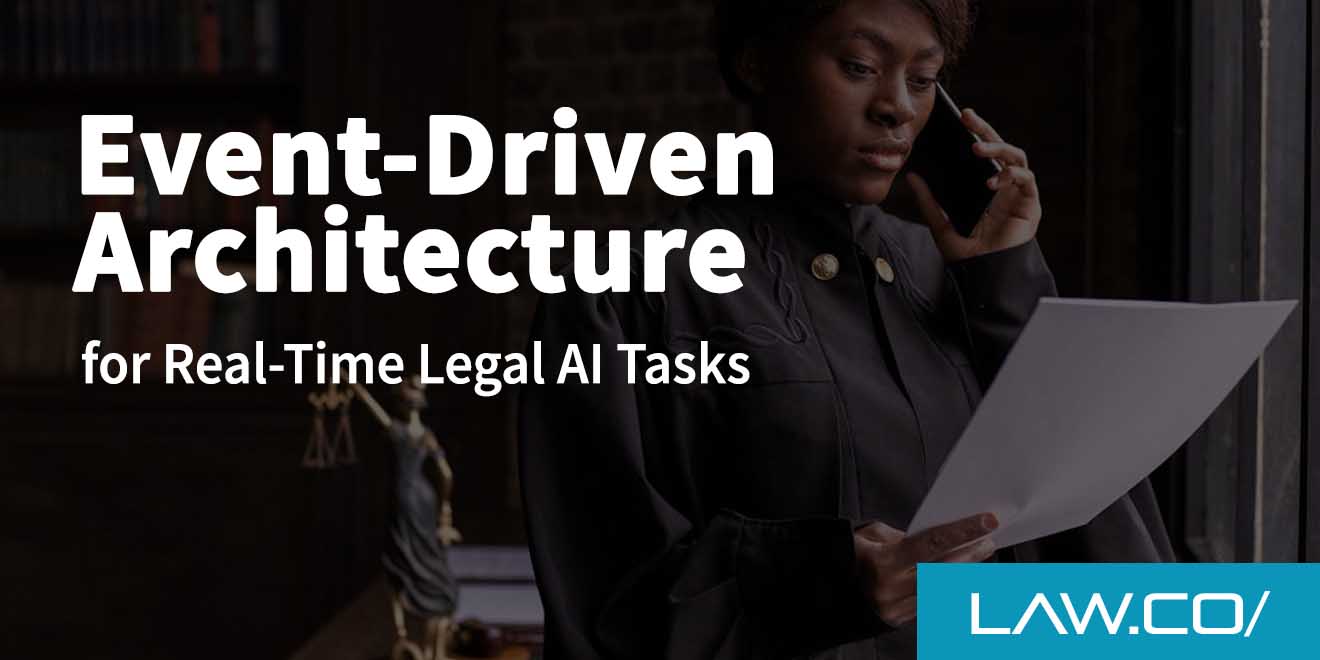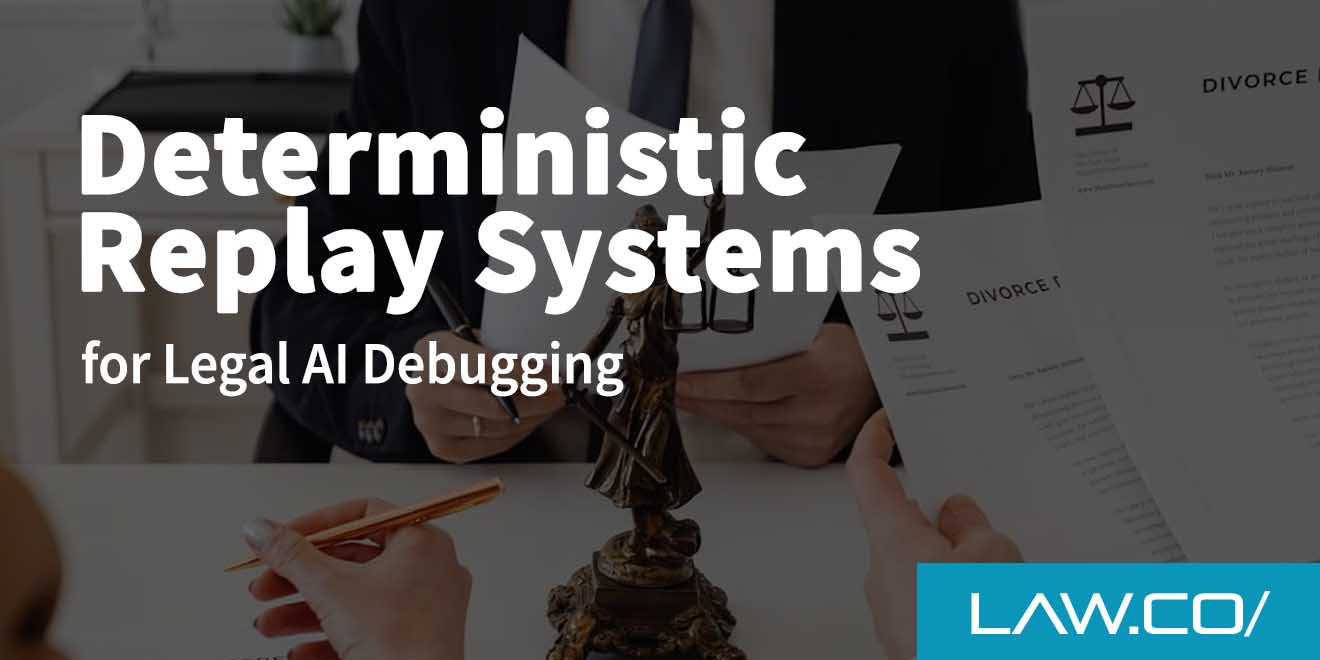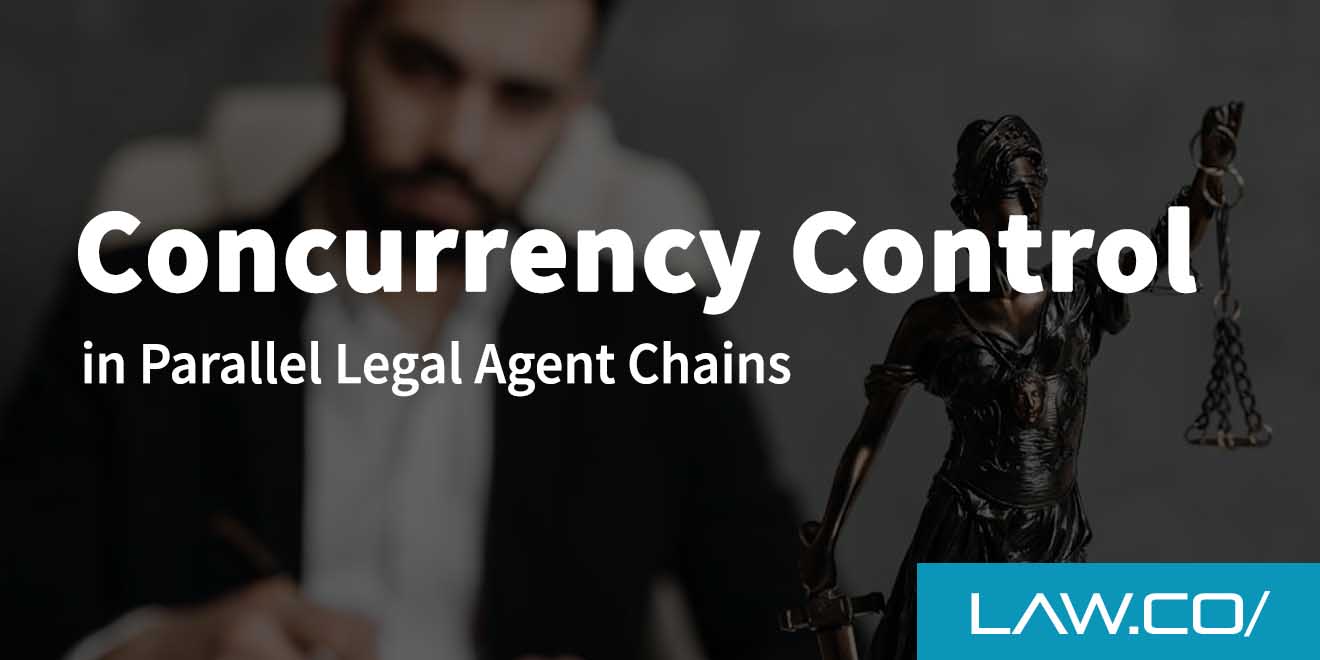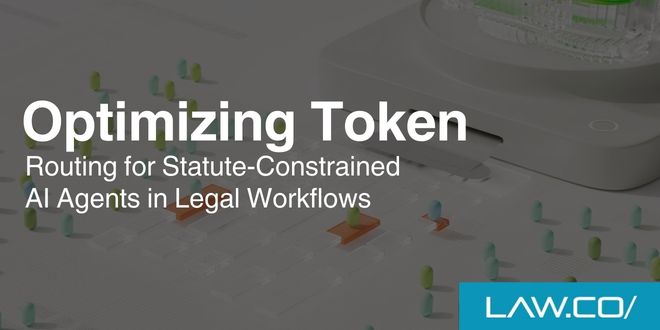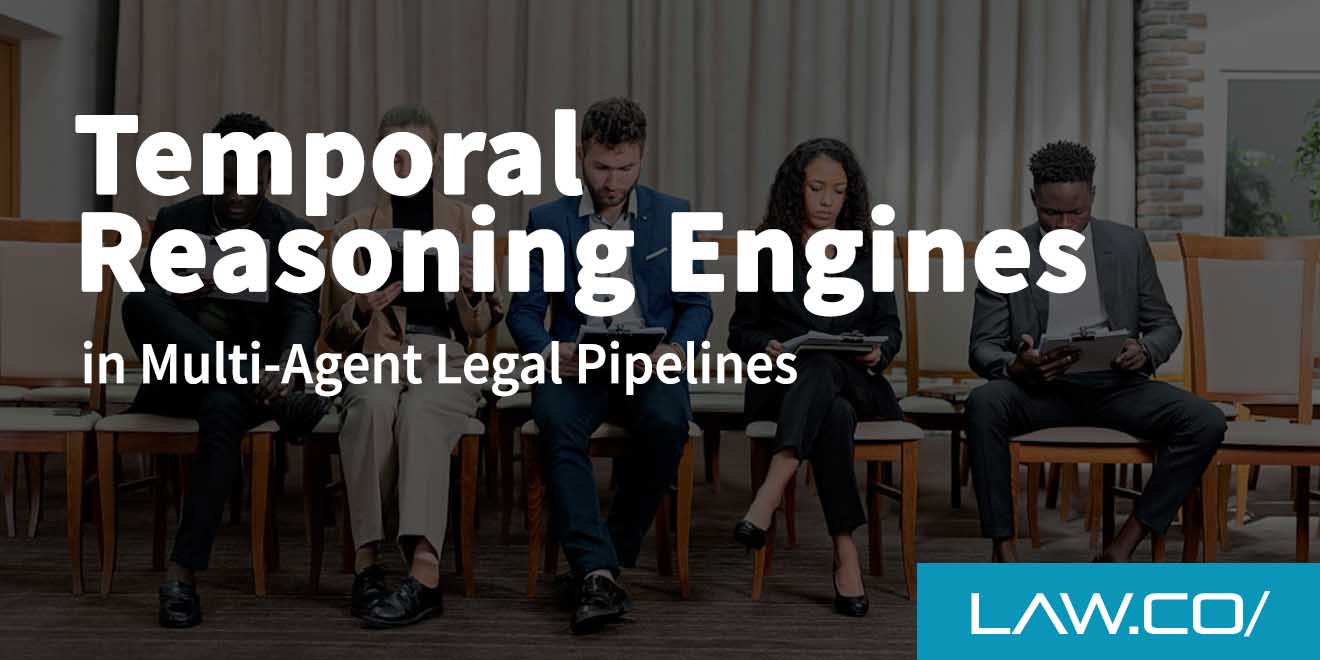
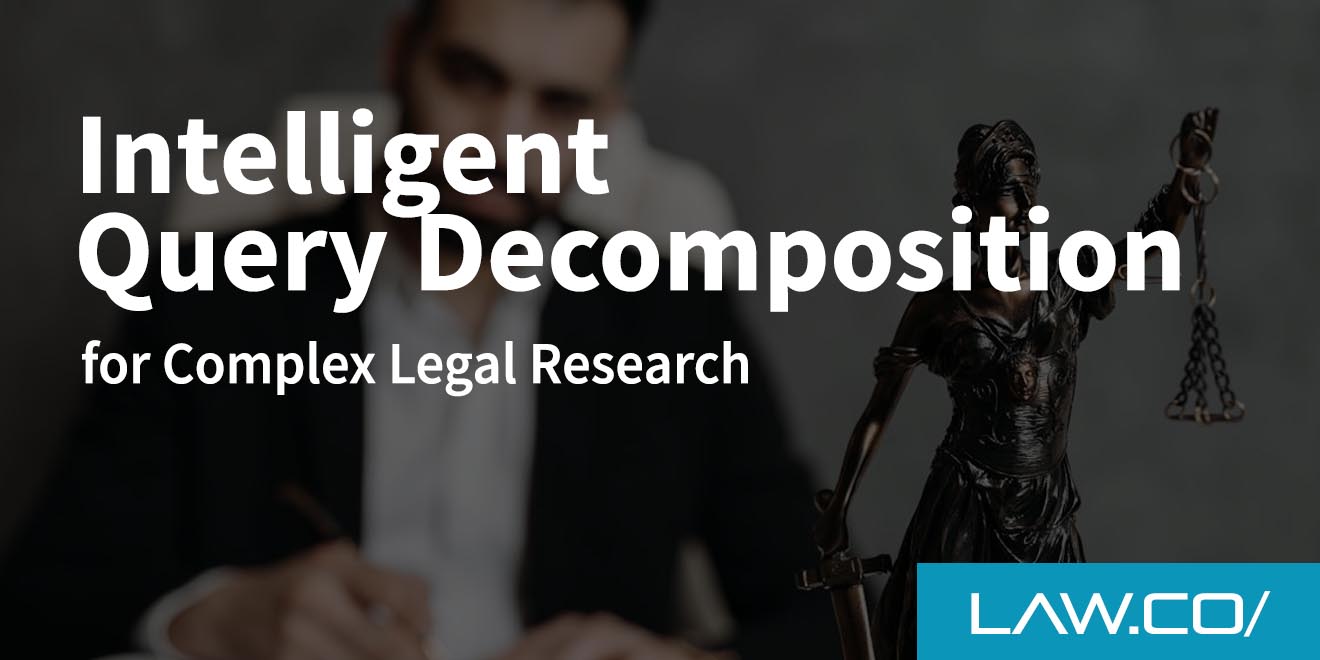
Intelligent Query Decomposition for Complex Legal Research
When you work in the world of AI for lawyers and law firms, you know just how quickly a “simple” request for information can balloon into a maze of citations, precedents, regulations, and secondary sources. A single client question—say, “Can a Delaware-domiciled corporation merge with a foreign private issuer under U.S. securities laws?”—may, in reality, require answers to dozens of related sub-questions.
Intelligent Query Decomposition (IQD) is the emerging technique that unpacks that maze, breaking dense, multifaceted questions into digestible, searchable components so legal professionals can locate authoritative answers faster and with greater confidence.
Demystifying Intelligent Query Decomposition
At its core, IQD is the process of slicing a compound research query into smaller, logically ordered pieces, running those pieces through specialized legal databases, and then recombining the individual findings into a coherent answer.
Traditional search logic relies on Boolean strings the researcher must craft by hand. IQD, by contrast, leverages natural-language processing (NLP) and legal ontologies to figure out what the user is actually asking, even if the original phrasing is lengthy, imprecise, or packed with jargon.
From Monolithic Questions to Actionable Sub-Queries:
Imagine you’re researching cross-border data-privacy compliance for a multinational client. The umbrella question—“What are our obligations when transferring employee data from the EU to servers in New York?”—touches on GDPR requirements, U.S. state privacy statutes, industry-specific carve-outs, enforcement trends, and contractual safeguards. An IQD engine will automatically:
- Identify the governing legal domains (EU, U.S. federal, and state law).
- Extract discrete legal issues (data-subject consent, standard contractual clauses, data localization, penalty thresholds).
- Map each sub-issue to authoritative sources (regulations, guidance, enforcement actions).
- Prioritize results based on jurisdictional hierarchy and date.
Instead of scrolling through hundreds of generic search results, you receive a neatly labeled packet of sub-answers you can cite with confidence in a memo or opinion letter.
Why It Matters for Modern Legal Practice
Accelerated Research Timelines
Time is never in surplus when partners are waiting for a draft brief. IQD short-circuits the iterative “search, refine, search again” cycle by automating the first—and often most labor-intensive—phase of research. Associates can shift from manual query tinkering to higher-value analysis, shaving hours (and billable costs) off each matter.
Precision and Reduced Risk
A common hazard in legal research is the “needle-in-a-haystack” dilemma: crucial authority buried under irrelevant results. Because IQD draws on context-rich legal ontologies—essentially, curated maps of legal concepts and their relationships—it surfaces narrower, on-point precedents and filters out noise. That precision translates to fewer missed authorities, fewer factual misstatements, and ultimately, lower malpractice risk.
Key Components of an Effective Decomposition Engine
Natural-Language Parsing
The engine must understand syntax quirks lawyers often slip into queries (citations, section symbols, party names, procedural postures). Robust NLP parses those quirks without stripping away meaning, ensuring the algorithm doesn’t misinterpret “Rule 12(b)(6) dismissal” as a numerical value or random string.
Legal Ontologies and Contextual Awareness
An ontology functions like a thesaurus with a legal pedigree. It knows that “merger,” “consolidation,” and “amalgamation” live in the same conceptual neighborhood but can differ across jurisdictions. Coupled with metadata such as jurisdiction, court level, and publication status, the ontology lets the IQD engine rank authorities according to precedential weight rather than mere keyword overlap.
Best Practices for Implementation
Rolling out IQD is not as simple as plugging in a new database password. Below are field-tested practices that ease adoption and maximize return on investment:
- Pilot on a High-Volume, Repeatable Use-Case: Start with document-review requests or regulatory-compliance inquiries that surface frequently, then scale outward.
- Curate Your Internal Knowledge Base: Feed the IQD engine firm-authored memos, briefs, and opinion letters. The richer the pool of quality internal documents, the smarter the decomposition becomes.
- Train, Don’t Replace, Researchers: IQD is a co-pilot, not an autopilot. Provide workshops so associates learn how to phrase complex problems for optimal decomposition and how to get results for reliability.
- Integrate with Existing Workflows: Embed IQD into familiar research dashboards and document-management systems. A right-click “Decompose Query” button in Westlaw, Lexis, or an internal database beats a standalone portal every time.
- Monitor and Refine Metrics: Track turnaround time, user satisfaction, and citation accuracy. Continuous feedback helps the system adjust ontologies and ranking algorithms to the firm’s evolving practice areas.
Common Pitfalls and Practical Fixes
An IQD engine is only as good as the data and rules driving it. Garbage in, garbage out. One frequent stumbling block is outdated or incomplete ontological mappings—an issue that surfaces when new legislation, such as California’s evolving privacy regime, isn’t captured quickly. Appoint a small task force to update taxonomies quarterly and conduct spot checks on recent appellate decisions.
Another pitfall is over-reliance: researchers may accept the decomposed answer without reading the underlying cases. Combat that tendency by requiring a short verification note in each research report, citing the passage relied on in the original source.
Looking Ahead
Intelligent Query Decomposition sits at the intersection of machine learning, linguistic science, and practical lawyering. As court opinions, statutes, and secondary sources continue to multiply at breakneck speed, decomposing multifaceted inquiries into targeted research paths will shift from “nice to have” to mandatory competency. Early adopters will see the greatest gains—more accurate work product, tighter deadlines met, and happier clients who notice that their lawyers cut through complexity instead of adding to it. For firms looking to future-proof their research capabilities, IQD offers a tangible, workflow-friendly path to getting there.

%201.svg)


